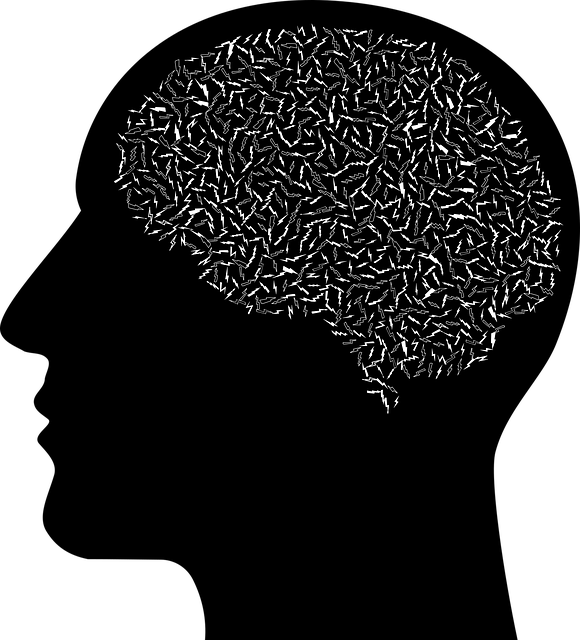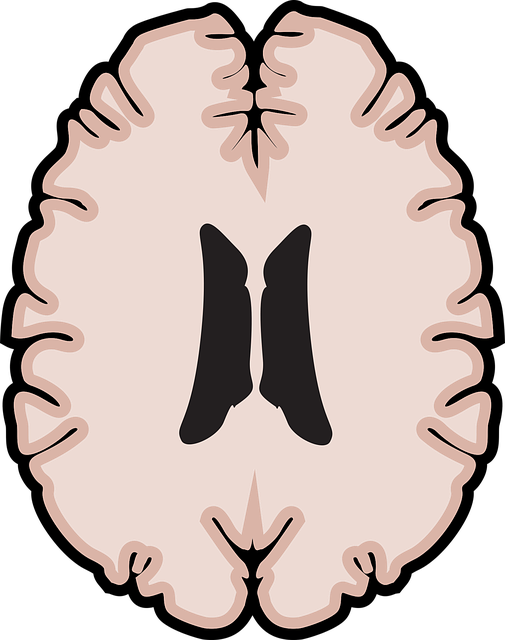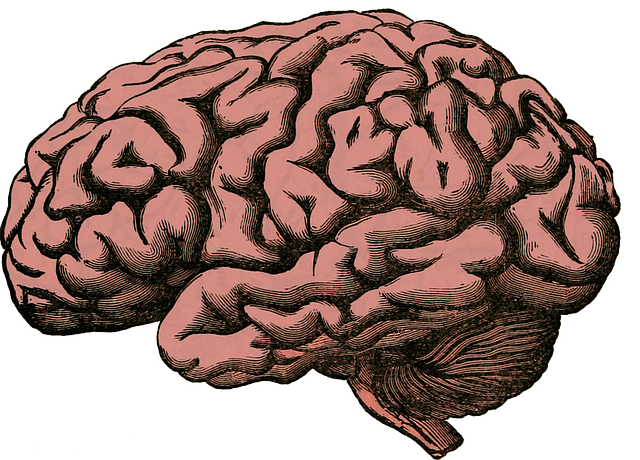Substance abuse in adults with Oppositional Defiant Disorder (ODD) is a complex issue requiring comprehensive intervention. Tailored therapy, including Cognitive Behavioral Therapy (CBT) and Dialectical Behavior Therapy (DBT), addresses ODD symptoms and underlying mental health factors driving substance misuse. By focusing on coping skills development, emotional regulation, and stress management, these therapies help individuals break free from addiction's cycle. Integrating such therapeutic approaches with community outreach, trauma support, and healthy lifestyle promotion creates a robust support system for effective risk reduction. Access to ODD-specific therapy, coupled with policy advocacy and educational content, normalizes help-seeking behaviors, fostering a supportive environment for sustained mental wellness.
Substance abuse poses significant risks to individuals and society, impacting mental health, physical well-being, and social functioning. This article explores comprehensive risk reduction strategies for substance abuse, focusing on evidence-based approaches. We delve into understanding the complexities of substance abuse and its underlying causes, highlighting the critical role of therapy in adult populations. Key areas covered include addressing Oppositional Defiance Disorder (ODD), implementing lifestyle changes, and fostering robust support systems for continuous care.
- Understanding Substance Abuse and Its Risks
- The Role of Therapy in Risk Reduction
- Addressing Oppositional Defiance Disorder (ODD)
- Lifestyle Changes for a Safer Future
- Support Systems and Continuous Care
Understanding Substance Abuse and Its Risks

Substance abuse is a complex issue that stems from various underlying factors, including mental health disorders, trauma, and environmental influences. It’s crucial to understand that substance use can start as a coping mechanism for individuals struggling with emotional distress or unresolved issues. For example, adults with Oppositional Defiant Disorder (ODD) may turn to drugs or alcohol as a way to self-medicate and manage their symptoms, often without proper guidance or therapy. This can lead to a vicious cycle of abuse and addiction, causing significant physical and psychological risks.
Identifying substance abuse early on is vital for effective risk reduction. Therapy plays a pivotal role in addressing the root causes, especially for individuals with pre-existing mental health conditions. Emotional healing processes through therapy can provide much-needed support, teaching healthy coping mechanisms and positive thinking strategies. Additionally, Stress Management Workshops within therapeutic settings or community organizations offer valuable tools to navigate stressful situations without resorting to substance abuse. By combining these approaches, individuals can break free from the cycle of addiction and build resilience against future risks.
The Role of Therapy in Risk Reduction

Therapy plays a pivotal role in risk reduction strategies for substance abuse, especially for adults with Oppositional Defiance Disorder (ODD). ODD often co-occurs with substance use disorders due to shared underlying factors like impulsivity, anger management issues, and difficulty regulating emotions. Cognitive Behavioral Therapy (CBT) has been particularly effective in addressing these challenges. CBT helps individuals identify and change negative thought patterns and behaviors associated with substance abuse, fostering healthier coping mechanisms.
In addition to CBT, other therapeutic approaches such as Dialectical Behavior Therapy (DBT) can significantly boost confidence and improve mood management skills. DBT equips adults with ODD to navigate intense emotions and reduce impulsive behaviors that may lead to drug or alcohol misuse. Community outreach programs implementing these therapy types can further enhance support systems, providing individuals with consistent encouragement and accountability in their recovery journey.
Addressing Oppositional Defiance Disorder (ODD)

Addressing Oppositional Defiance Disorder (ODD) is a critical component of risk reduction strategies for substance abuse, especially considering its high comorbidity with addiction. ODD often manifests as chronic defiant and hostile behavior, making it essential to identify and address underlying issues early on. Therapy for Adults with ODD focuses on improving coping skills development and building resilience, crucial aspects in managing the disorder effectively.
Interventions may include individual or group therapy sessions tailored to enhance emotional regulation, improve communication strategies, and foster healthier ways of dealing with stressors. Trauma support services play a significant role in these efforts, as many individuals with ODD have experienced or witnessed traumatic events. By addressing these traumas, therapists can strengthen clients’ coping mechanisms, making them better equipped to handle challenges without resorting to substance abuse.
Lifestyle Changes for a Safer Future

Adopting a healthier lifestyle can significantly reduce the risk of substance abuse and promote long-term well-being. For individuals dealing with Oppositional Defiance Disorder (ODD), making positive changes in daily routines is essential. Therapy for Adults ODD often emphasizes the importance of self-care, stress management, and building healthy coping mechanisms. By incorporating regular exercise, balanced nutrition, and adequate sleep into their lives, individuals can improve mood regulation and reduce cravings. These simple yet powerful lifestyle adjustments can be a game-changer in preventing depression and anxiety relief, which are common comorbidities with ODD.
Additionally, fostering social connections and engaging in activities that bring joy can help break the cycle of substance abuse. Mental illness stigma reduction efforts play a crucial role here, as creating a supportive environment encourages individuals to seek help without fear of judgment. Through these lifestyle changes, people with ODD can take control of their future, enhance their overall mental health, and reduce the likelihood of turning to substances as a coping mechanism.
Support Systems and Continuous Care

Having a robust support system is integral to successful risk reduction for substance abuse. This includes access to therapy services tailored to address co-occurring disorders, such as Oppositional Defiance Disorder (ODD) in adults. Specialized therapy can help individuals manage their symptoms and develop healthier coping mechanisms. Continuity of care is also key; ongoing sessions with therapists or support groups provide a safety net during challenging times, reducing the risk of relapse.
Integrating these strategies into a holistic mental health policy analysis and advocacy approach can further mitigate risks. Depression prevention initiatives, for instance, can be designed to include accessible therapy options for ODD and substance abuse. Even podcast series focused on mental wellness production can play a role by sharing recovery stories and providing educational content that normalizes the importance of seeking help, thereby fostering an environment conducive to sustained mental wellness.
Substance abuse poses significant risks, but a multifaceted approach can lead to effective risk reduction. By understanding the root causes, such as underlying mental health conditions like Oppositional Defiance Disorder (ODD), individuals can access tailored strategies. Therapy plays a pivotal role in addressing ODD and providing tools for managing cravings and triggers. Combining therapy with lifestyle changes, including supportive networks and continuous care, creates a robust defense against substance abuse. For adults seeking help, therapy remains an essential resource, offering lasting solutions for a safer and healthier future.











